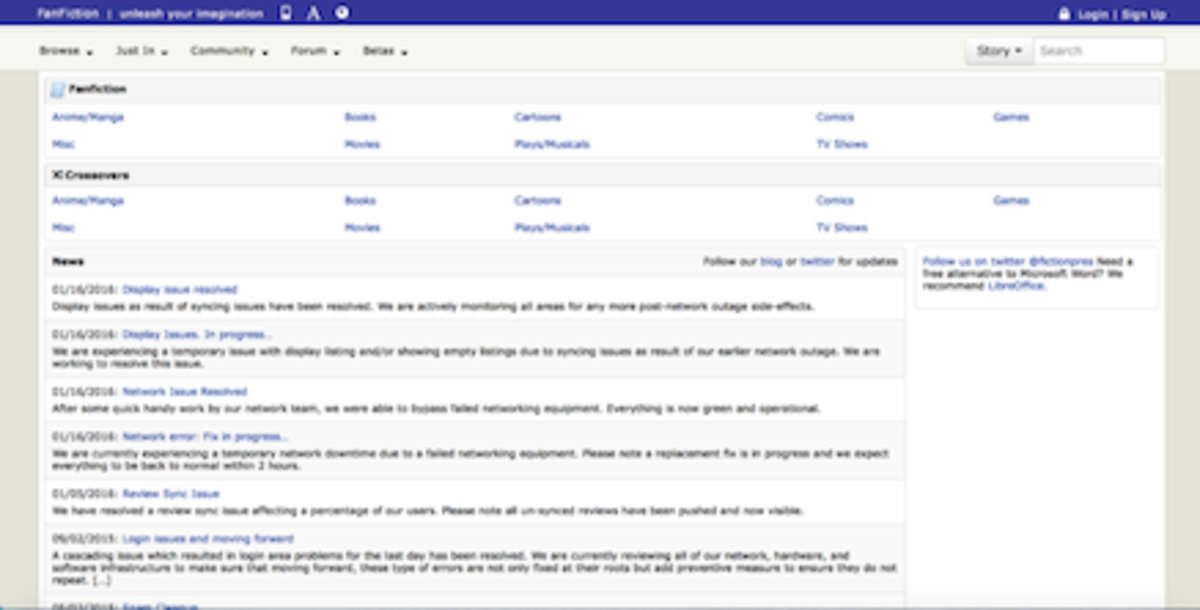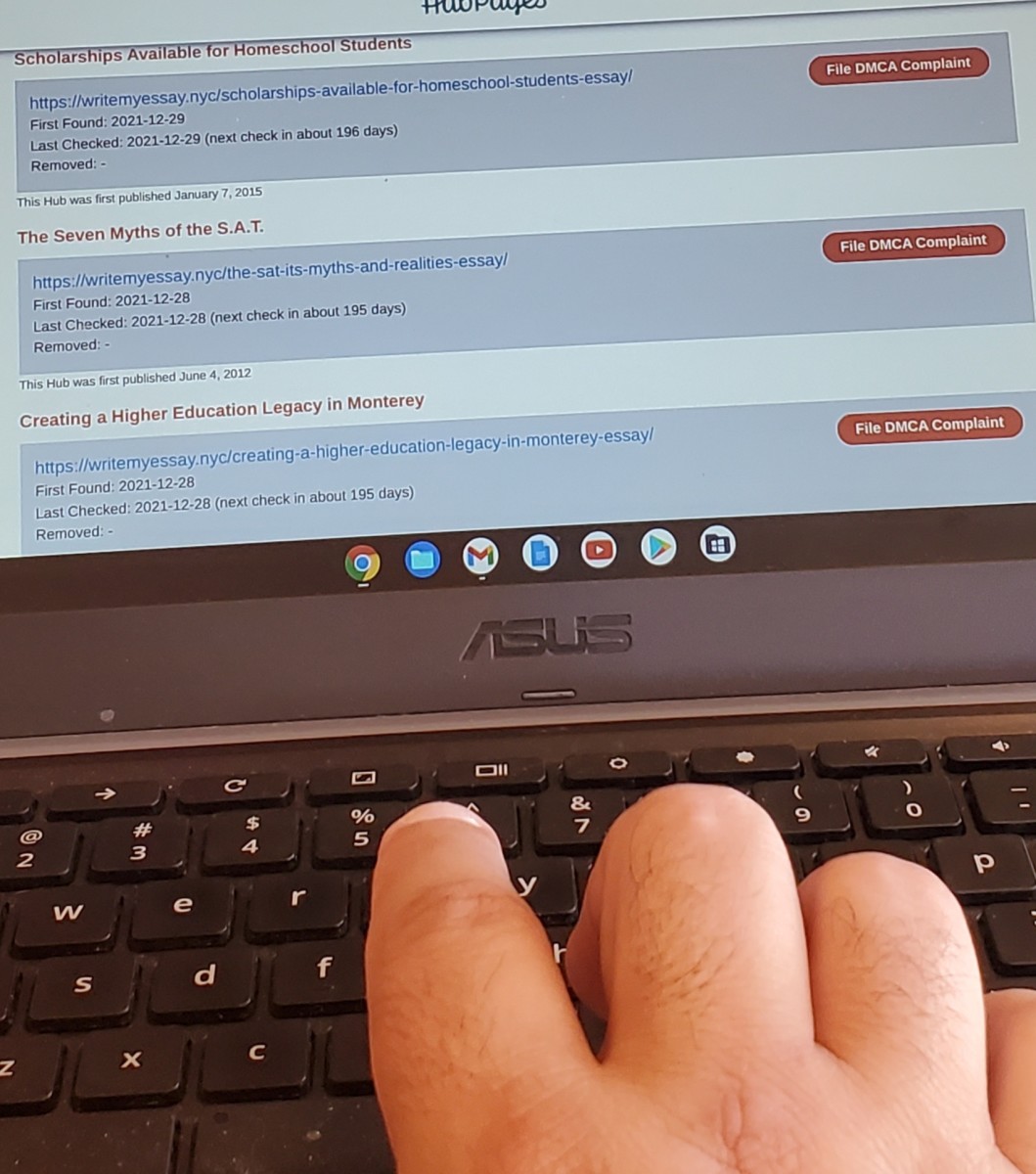Different Types of Intellectual Property Protection in the United States
Types of Intellectual Property in the US
The United States recognizes several types of intellectual property (IP) protection: copyrights, trademarks, patents and trade secrets. Each type of intellectual property has different legal requirements and protections.
Patents
Patents require submission of a request form to the United States Patent and Trademark Office. Patent pending can be written on a product's labeling if a patent has actually been filed. Patents can only be granted on items or processes that are new and novel.
You cannot patent something that already exists and has been in the public domain, nor can you patent something invented by someone else. Patents can be granted on significant improvements of existing designs.
Patents, however, do become public information once granted, which can jeopardize their value as trade secrets.
Patents must be filed within a year of disclosing an invention. If you start building and selling the product and haven't filed a patent within 12 months of doing so, you cannot patent it. If you publish a paper on the invention, you must file a patent within 12 months. Furthermore, a patent filed in one nation may not be enforceable or applicable in others. For example, some nations only recognize patents filed before disclosure of an invention, not the twelve month grace period recognized by the United States. For this reason, it is common to file for patent protection in several nations with patent agreements that span the world.

Copyrights
Copyrights can be claimed by the creator for original works. This includes music, movies, articles and books. Software code can also be copyrighted, and executable programs are regularly copyrighted. A copyright mark is not required on copyrighted materials.
There is no need to file a claim with the United States Patent and Trademark Office for a copyright. However, the original creator can control works derived on their own copyright if the copyright is still in effect. Copyrights are good for 95 years after publication or 120 years after creation of the work, whichever is sooner.
Once a copyright expires, the work becomes part of the public domain and thus usable by anyone. Others can modify the public domain works as they see fit, and even copyright those new works as their own as long as it is sufficiently different from the original.

Trademarks
All trademarks must be unique to be protected. They can be filed with the United States Patent and Trademark Office. All registered trademarks are identified by a TM symbol next to the product name or phrase. Service marks, the symbols that identify a company or organization, can be trademarked. Trademarks do not expire like copyrights and patents. There are trademarks that have been in use for over a century.
Trade Secrets
Trade secrets are confidential information, but they are not copyrighted, trademarked or patented. Designs, business processes and chemical formulations may be kept as trade secrets while they are in development and then later patented. Advertising plans and customer lists are trade secrets.
Trade secrets are protected under the law if a company has taken efforts to protect them without the time limits patents have. As long as trade secrets are protected, they are protected by law against theft and infringement. If a trade secret is patented, it becomes enforceable against infringement and even accidental use by others, but it will expire in 20 years after the patent is granted.








